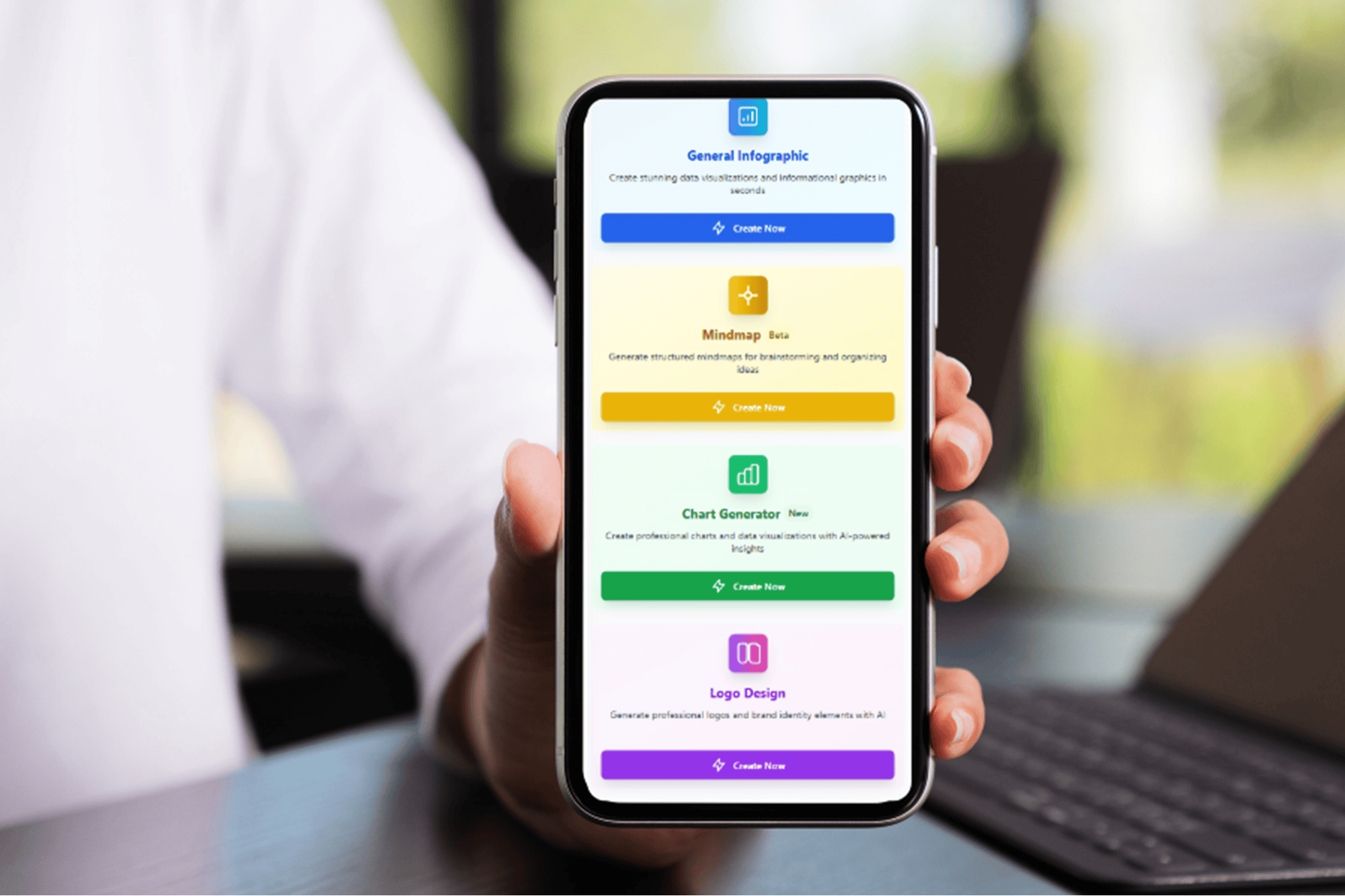Opinions expressed by Entrepreneur contributors are their own.
It’s not unusual for entrepreneurs to run high on energy, and I’m no exception. I’ve been pulling 60- to 70-hour weeks for decades, and I’d like to think I’m no worse for wear. But, like many business leaders, I’ve also seen my energy levels plummet following intensive projects. After going full-tilt for weeks in preparation for our IPO, for example, I was genuinely surprised by how worn out I felt — and how much downtime I needed to recover.
That moment changed the way I think about productivity. Entrepreneurs love to talk about time management — optimizing schedules to squeeze more hours out of the day — but what I learned is that time isn’t the real constraint. Energy is. You can meticulously plan your calendar, but if you don’t have the energy to execute, none of it matters.
Arianna Huffington learned this the hard way when she famously collapsed from exhaustion, breaking her cheekbone in the process. Countless founders have run themselves into the ground, thinking that working harder was the answer — until they hit a wall. And with workplace burnout skyrocketing, we’re in what some have called a human energy crisis.
The good news? Energy management is a learned skill, and when you master it, you don’t just avoid burnout — you unlock higher levels of productivity, creativity and resilience.
Here are four approaches I recommend to keep your energy levels high, and your business thriving.
Related: How to Let Go of Unnecessary Tasks and Focus on What Matters
1. Pinpoint your energy vampires (and boosters)
It’s no secret that low energy can put a serious damper on productivity. Fatigue costs employers an estimated $136 billion annually. But leaders who understand how to manage their own — and harness their teams’ — energy can significantly increase their capacity to get things done.
Energy management often goes hand in hand with time management, but it’s not the same thing. Keeping your energy high also requires understanding exactly what drains it and what replenishes it. If you’re not sure, a great place to start is by tracking your daily activities.
For me, the biggest drain isn’t busyness or overscheduling, it’s conflict in work relationships. The stress it causes literally keeps me up at night, particularly how one bad relationship can balloon into a mass energy vampire. On the flipside, good relationships can be huge energy boosters, and studies have shown that leaders who prioritize relationship building have teams that are more productive, enthusiastic and loyal.
2. Reclaim energy from draining tasks and people
You may not be able to avoid everything that drains you, but you can find ways to manage problem areas. For me, that means investing in improving the situation. I’ve seen many entrepreneurs cut and run when things get tough, but I believe it’s worth the effort to make something right.
Here’s an example: when a relationship with a team member is going great, I am quick to assume the best intentions. But if it’s not going well, I’ll often assume the worst. Changing this requires that I step back and re-process their communication by imagining how I’d react if it came from someone else. It’s an easy hack to shift my perspective into a more positive frame, and it helps me clear up my biases and repair the relationship.
Frankly, we all need to own our part rather than applying labels like ‘energy vampire’ that put the blame on the other person. If showing up as your best doesn’t work, then it may be time to end the relationship.
Whatever you do, don’t wait for a catastrophic moment to take action. Consider offsetting energy drains with things that replenish you. For me, it’s carving out time for the basics — lifestyle habits like sleep, nutrition, exercise and family time — and creating a work environment optimized for a flow state. I’ve realized that minimizing interruptions and taking breaks is essential for sustaining my energy levels through deep work — and I think a lot of people could benefit from this, too.
Related: Don’t Let These 8 Common Business Expenses Drain Your Profits
3. If you can’t optimize an energy drain, find a workaround (it might just be acceptance)
We all have to do things we don’t enjoy at work, and sometimes there’s no way around it. You might be tempted to cut out the fatiguing task altogether, but consider this: if you could optimize the situation, could it become an energy booster?
I figured out, for example, that I can make conference networking more enjoyable (and less of a drain for an introvert) if I focus on creating quality connections with two or three people, rather than striving to shake as many hands as possible.
Small optimizations can go a long way toward turning a negative into a positive, but I find it also helps to accept the fact that not every task will be an energy booster — and that’s okay.
Related:
4. Lead with energy: set expectations and keep momentum high
In your role as a team leader, you can model healthy energy management, but you can also set clear goals and expectations that eliminate energy-wasting arguments. That means being clear on who’s making a decision and when, keeping the time for debate to a reasonable minimum, documenting the decision, and ensuring that after it’s made, it doesn’t devolve into relitigation. Failing on any of these points can be a massive energy drain for your team.
Being crystal clear on the big picture helps keep spirits high when the days are long. Plus, identifying an end point and celebration markers can have a big impact on keeping motivation and morale high (and can actually lead to more success). I witness it every year during our Black Friday sales campaign, when every department comes together to root for success and watch our dashboard hit its targets.
If you take away one thing, let it be this: managing your energy isn’t a luxury — it’s a necessity. The most productive entrepreneurs aren’t just masters of their calendars, they’re masters of their stamina and their teams’. Before you pack another hour into your already full day, ask yourself: Am I managing my time, or am I managing my energy?








